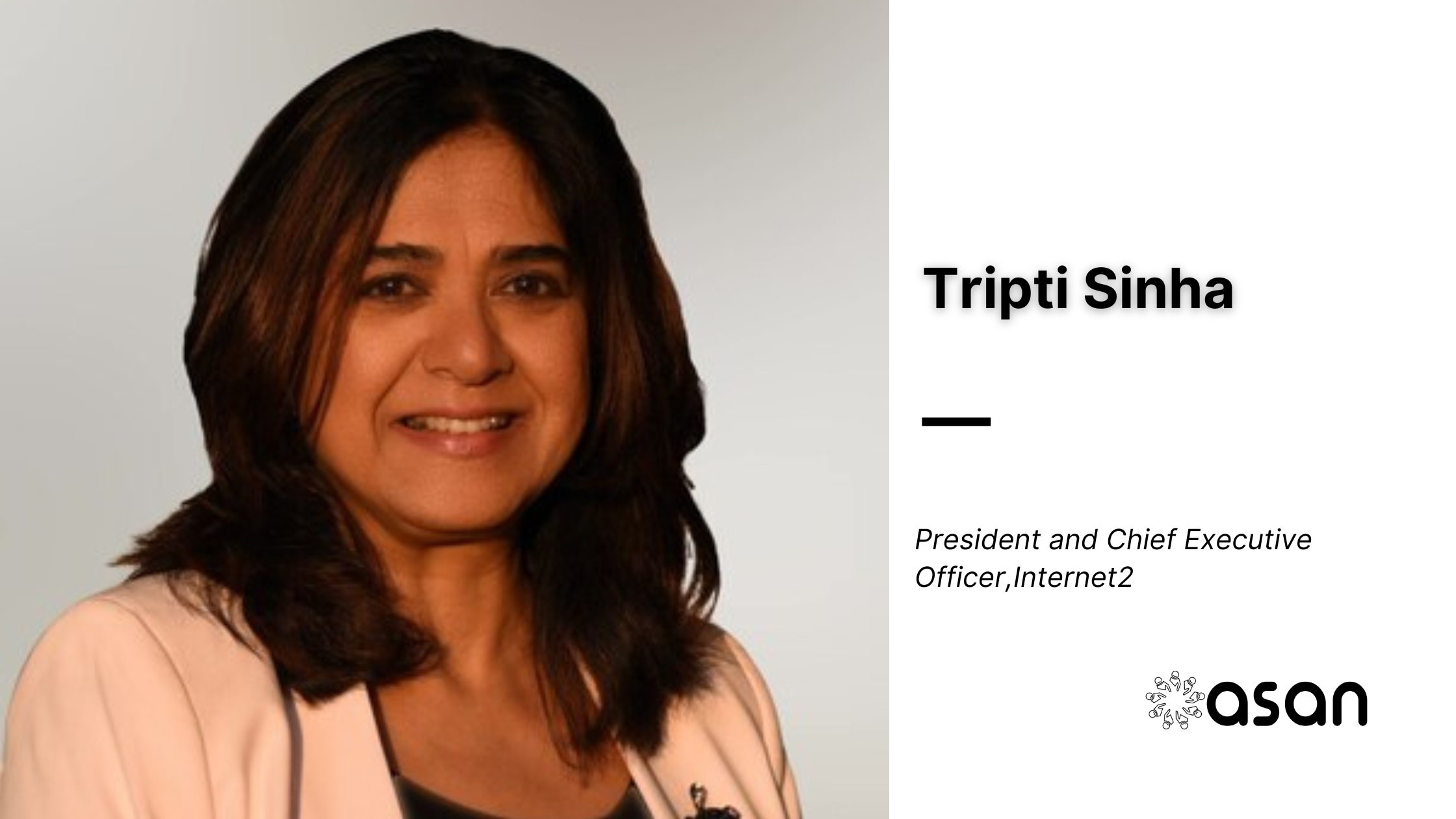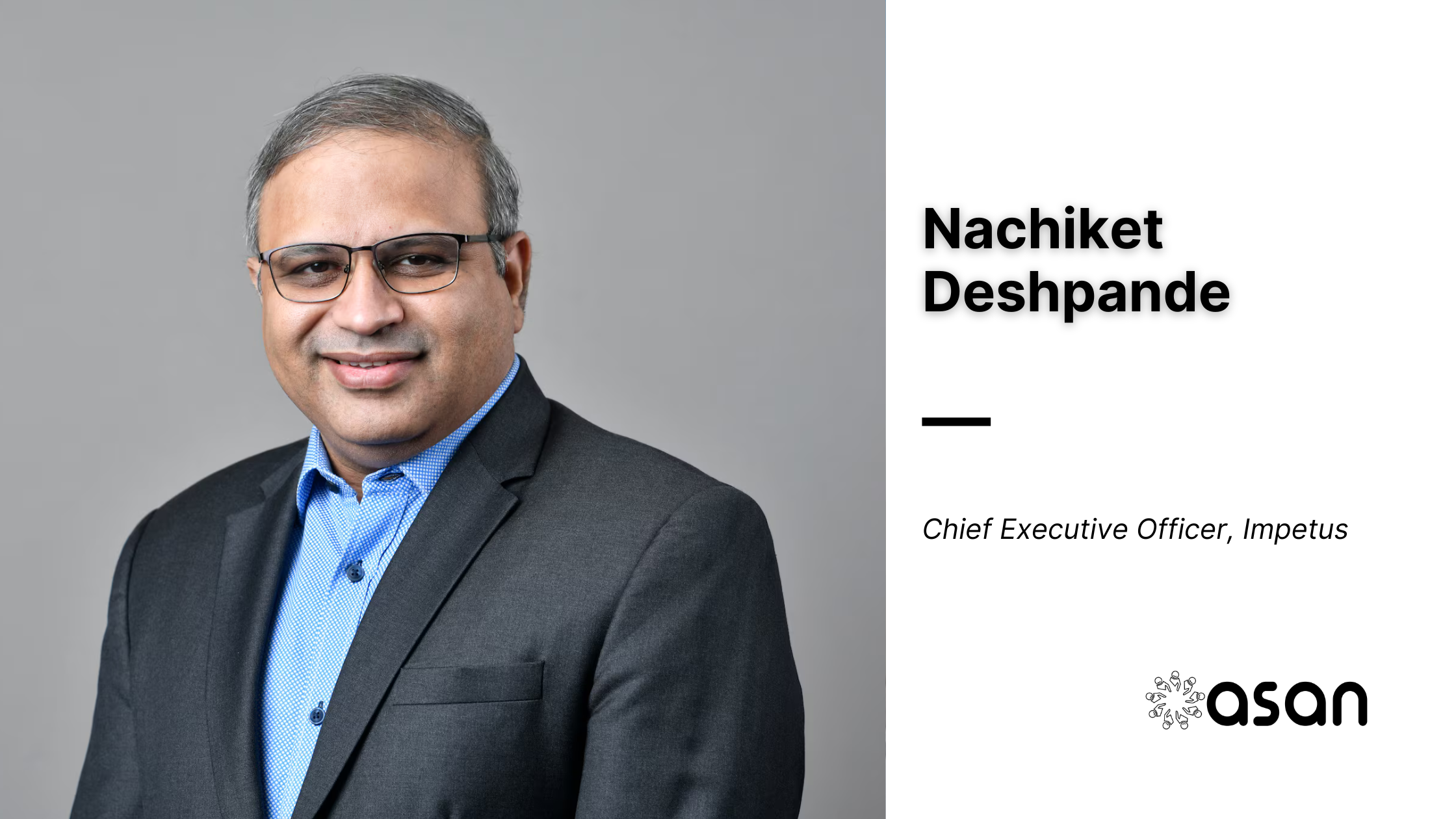The U.S. Senate has officially confirmed S. Paul Kapur, an Indian American scholar and security policy expert, as the new Assistant Secretary of State for South and Central Asian Affairs. Kapur, who previously served as Deputy Assistant Secretary in the same bureau, now becomes the senior-most U.S. official shaping diplomacy across a region critical to America’s economic, strategic, and security interests.
Kapur succeeds Donald Lu, bringing a deep blend of academic rigor and practical policy experience to the role. His confirmation reflects bipartisan support for his expertise in defense strategy and regional security, honed through decades in academia, government, and think tank research. A recognized authority on South Asia’s nuclear dynamics, great-power competition, and alliance politics, Kapur has long been a bridge between scholarly analysis and real-world policy formulation.
A scholar turned policymaker
Before entering public service, Kapur was a Professor of National Security Affairs at the Naval Postgraduate School in Monterey, California, where he focused on deterrence theory, nuclear strategy, and Indo-Pacific geopolitics. His work has been published in leading journals including International Security and Asian Survey, and his books-Dangerous Deterrent: Nuclear Weapons Proliferation and Conflict in South Asia and India’s Nuclear Strategy – are widely used in security studies programs.
He has also held fellowships at the Hoover Institution at Stanford University and the Center for Strategic and International Studies (CSIS) in Washington, D.C. His move from academia to diplomacy marks a growing pattern of scholar-practitioners stepping into senior roles at the State Department.
Kapur’s Indian heritage and his long-standing engagement with both American and South Asian strategic communities position him uniquely to deepen U.S.-India cooperation while navigating complex relationships with Pakistan, Afghanistan, and the Central Asian republics. His confirmation comes at a pivotal time as Washington seeks to reinforce its partnerships across the Indo-Pacific and counterbalance the influence of China and Russia in the region.
Shaping the next phase of U.S.-South Asia relations
Under his leadership, the Bureau of South and Central Asian Affairs is expected to emphasize economic connectivity, energy transition, and regional stability. In recent years, the bureau has expanded its portfolio to include cross-border trade, climate diplomacy, and technology partnerships-all areas where Kapur’s interdisciplinary background is likely to prove valuable.
In remarks after his confirmation, Kapur reaffirmed his commitment to “building resilient partnerships rooted in shared democratic values and mutual prosperity.” His statement echoed President Biden’s broader Indo-Pacific vision of “inclusive, sustainable growth and collective security.”
For South Asian Americans, Kapur’s appointment represents another milestone in a year that has seen growing representation across federal agencies, corporate boards, and academic institutions. His ascent follows in the footsteps of Indian American figures such as Richard Verma, now Deputy Secretary of State for Management and Resources, and Neera Tanden, Director of the Domestic Policy Council.

The significance of representation
Kapur’s confirmation reinforces the increasing visibility of South Asian American experts at the highest levels of U.S. foreign policy. Beyond symbolic importance, it underscores the community’s substantive contributions to shaping how America engages with a dynamic region that spans from the Himalayas to the Caspian Sea. His appointment also highlights Washington’s recognition of the need for nuanced, regionally literate leadership at a time of shifting geopolitical alignments.
The South and Central Asian bureau oversees relationships with 13 countries, including India, Pakistan, Bangladesh, Sri Lanka, Nepal, Bhutan, and the five Central Asian republics. Its policy priorities range from counterterrorism and energy security to human rights and education partnerships- domains that align closely with Kapur’s lifelong research interests.
As he assumes the role, analysts expect Kapur to focus on institutionalizing high-level strategic dialogues, advancing U.S.-India defense and technology cooperation, and promoting regional economic integration through initiatives like the U.S.-India Strategic Trade Dialogue and the C5+1 platform.
Academic discipline meets diplomatic pragmatism
Kapur’s academic discipline and reputation for intellectual independence are expected to shape a thoughtful, data-driven approach to regional policy. Those who have worked with him describe him as precise, measured, and deeply collaborative-traits that will serve him well in a bureau balancing both delicate diplomacy and large-scale strategic initiatives.
His appointment also comes amid an increasingly crowded diplomatic agenda for South Asia, which includes crisis management in Afghanistan, ongoing tension between India and Pakistan, and emerging opportunities in Central Asian connectivity. By bridging theory and practice, Kapur represents a new model of technocratic diplomacy-analytically rigorous yet grounded in real-world problem-solving.
Key Takeaways About S. Paul Kapur
- Confirmed by the U.S. Senate as Assistant Secretary of State for South and Central Asian Affairs on October 8, 2025.
- Former Deputy Assistant Secretary and Naval Postgraduate School professor specializing in nuclear strategy and South Asian security.
- Will oversee U.S. diplomacy with 13 countries across South and Central Asia.
- Expected to advance U.S.-India ties, regional stability, and technology-driven partnerships.
- His appointment highlights growing South Asian American representation in senior foreign policy leadership.



